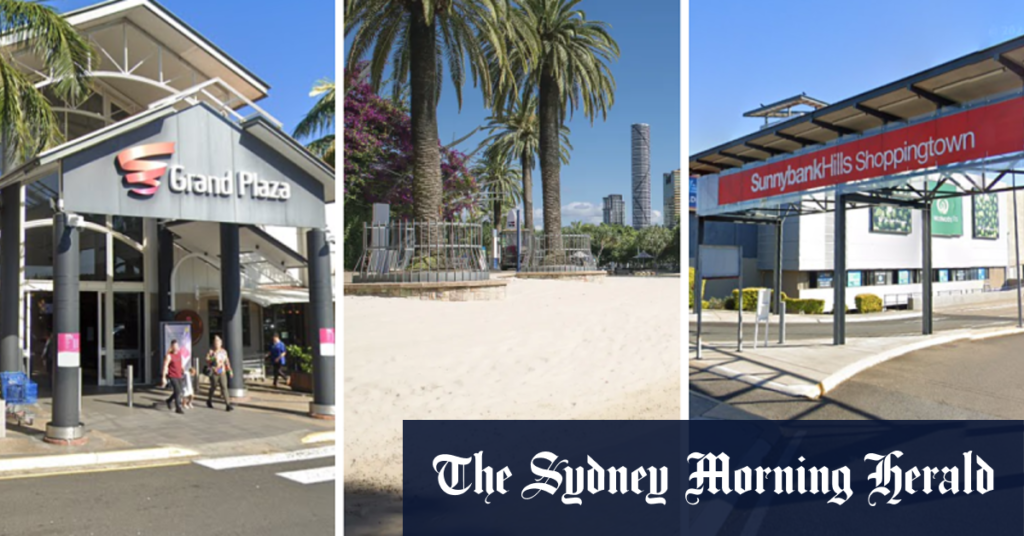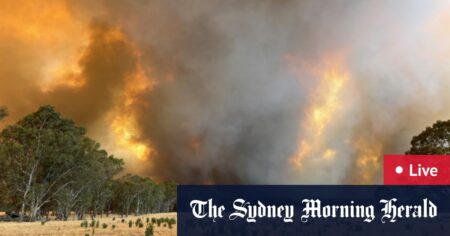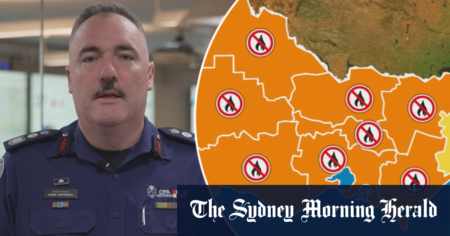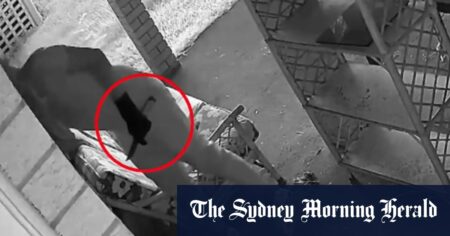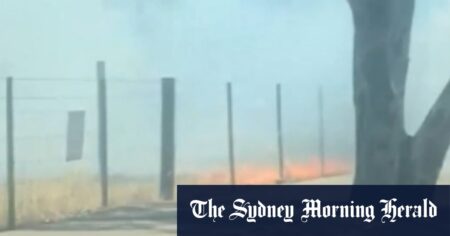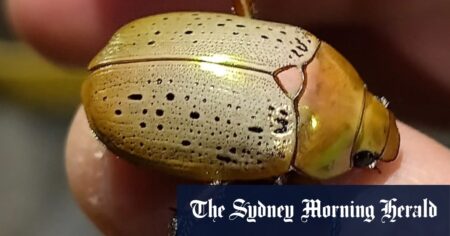“Most people recover well after a case of the measles, however up to 30 per cent will need to be admitted to hospital.”
Measles is a nationally monitored disease in Australia due to its highly contagious nature. Tuesday’s confirmed case was the seventh in 2024, two more than 2023’s five confirmed cases.
Queensland Health has reported a confirmed case of measles, with potential exposure sites across Brisbane’s south and central suburbs.Credit: Google Maps; Tourism and Events Queensland
Queensland Health considered a person at risk if they were born after 1965, unvaccinated, had never contracted measles before, or were immunocompromised.
People who were vaccinated or previously had measles were unlikely to become infected.
Measles was a common childhood disease in Australia before the mid-1970s, when a national vaccination program made the disease rarer. A two-dose vaccination scheme introduced in late 1992 further dropped case numbers.
The vaccine is free for children aged 12 and 18 months under the National Immunisation Program, and adults under 20 or entering the country for humanitarian reasons who need a catch-up vaccination.
There is no booster shot for the MMR/MMRV vaccines, although adults who had not been previously vaccinated were recommended at least one dose.
Brisbane and Ipswich councils offered free measles vaccinations at select pharmacies, GPs, and community care clinics.
People cannot be vaccinated if they might be pregnant, have a compromised immune system, or have had allergic reactions to any previous dose or component of a measles vaccine.
Read the full article here







